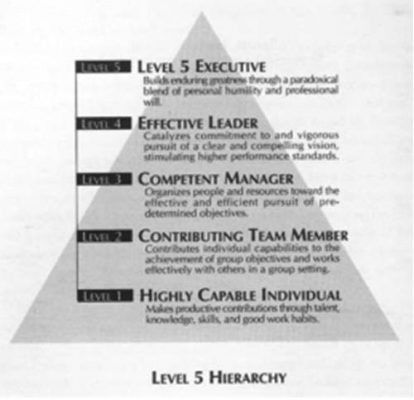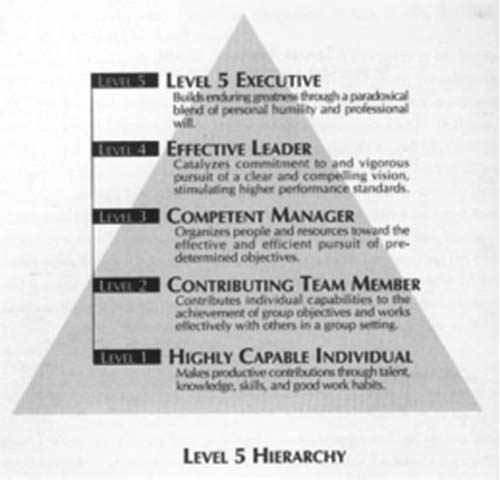Dear Editor,
As I recall, in the late 1980’s the Jamaican Government undertook a comprehensive overhaul of its Public Service Agencies, and in the process made some of them more responsive and productive. They were restructured to be self-financing, and therefore were required to function as more target-oriented organisations.
By and large the transformation appeared to have worked, as the same public servants, under proactive leadership, discovered how more creative could they be, particularly since they individually, and as teams, had targets to achieve. People enjoyed work more, as they felt more valued.
The above recollection emerged after reviewing recently some of the performance deficits obtaining in local Public Service Agencies as reported in the press. One could not help pondering on the real possibility that the traditional Public Service working environment may have become somewhat distant from a new generation of millennial workers, bombarded as they are, through current technology, with un-evaluated ideas from non-comparable environments.
Yet in the process, one wonders why the disconnection seen and heard should be so substantive between them and a similar generation of managers.
One can only surmise that the latter suffered a critical lack of preparation for new leadership responsibilities, exposed as they were to the outdated ‘command’ leadership style which is repetitiously displayed in the various local media. What comes across to the more perceptive observer is the relative unfamiliarity with some of the principles and concepts of how to exercise and communicate authority, moreso in current challenging engagements. One feels a sense of estrangement, rather than being stimulated by reports of successful teamsmanship.
But, as in Jamaica, any such performance achievements must relate to setting agreed targets, wherever possible – an exercise that demands more than one conversation, albeit on a level playing field.
One important ingredient which stimulates this positive interconnection is ‘trust’ (which incidentally can be personally vouched for). But there is a larger dimension to be drawn from Stephen M.R. Covey’s highly acclaimed book titled ‘The Speed of Trust’.
Covey, at the time of writing, was a CEO himself and a keynote speaker to companies around the world on ‘trust, leadership, ethics and high performance’, amongst others. In the process he recorded complaints from audiences such as the following samples:
‘I feel like my contributions at work are hardly ever recognised or valued’
‘My boss micromanages me and everyone else at work. He treats us all like we can’t be trusted’
Covey’s book addresses the critical issue of ‘trust’ in organisations and the substantive contribution it has made to their success – translated into actual profit.
Space does not allow a full representation of his table of a Summary of Taxes and Dividends, as they relate to the ‘trust’ factor.
Here, however, is one (slightly amended) comparison:

But the above must be seen to reconcile with the critical exercise of leadership – from Good to Great – which in fact is the title of Jim Collins’ highly acclaimed survey of CEOs in the USA. His analysis of five levels of leaders is summarised in the following diagram.

Incidentally, some would argue that such styles may not be applicable to a Public Service Agency. Be assured it is a wrong stance to take. What is critical is the disposition towards learning how to lead, and then to adapt from lessons learnt.
Yours faithfully,
E.B. John






